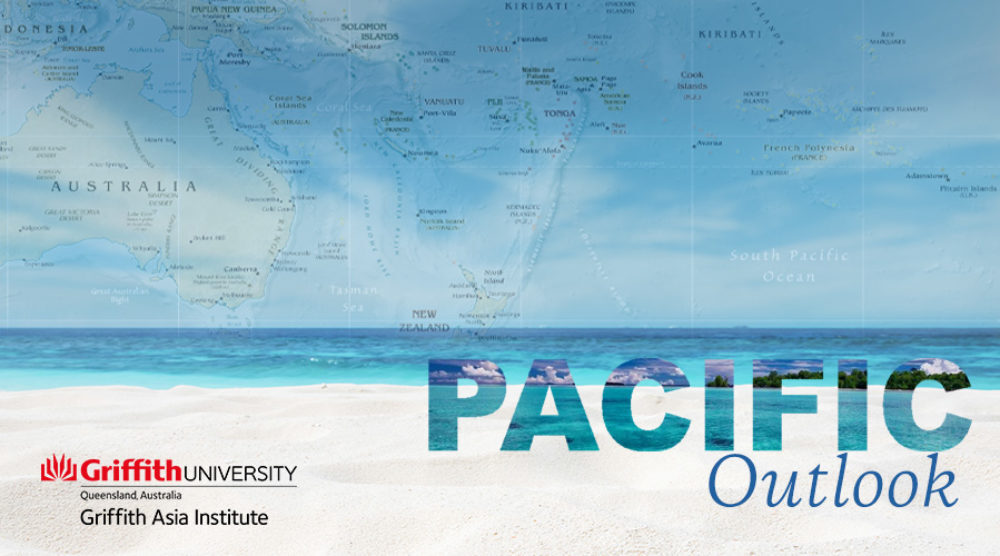Forum leaders to meet ahead of UN Climate Summit
The leaders of the Pacific Islands Forum will meet online ahead of this week’s global online summit co-hosted by the UN and the UK. Pacific leaders will meet on December 11th in order to articulate their regional demands ahead of the December 12 meeting.
Recent comments from leading voices in the region indicate that Pacific island countries are looking for high-ambition commitments from the international community. The strong stance on climate change that has already been expressed by incoming US president Joe Biden has been welcomed. In a recent speech, Dame Meg Taylor, welcomed the commitment to being carbon neutral by 2050 by all Australian states and said she hoped for the same from the federal government.
PIF leaders will also meet with the Forum’s dialogue partners ahead of the December 12 summit. They include both the USA and China.
Rabuka resigns from Parliament in Fiji
Just days after losing the election to remain leader of the Social Democratic Liberal Party (SODELPA), Sitiveni Rabuka has resigned from Parliament.
He made the announcement during his speech responding to the opening of Parliament address by the President HE Jioji Konrote. He said that by stepping away from his seat, it would allow for greater bi-partisanship to address the challenges that Fiji faces.
Rabuka’s decision has apparently come as a shock to the man widely expected to succeed him as party leader, Viliame Gavoka. Mr Gavoka told local media that he would ask for an explanation.
Rabuka remains a member of SODELPA for now but there are already rumours that he may form a new party to contest the 2022 elections
Vanuatu graduates from ‘Least Developed Country’ status
On December 4th Vanuatu graduated from the United Nations’ (UN) ‘Least Developed Country’ status and is now considered to be a ‘Developing Country’. The term ‘Least Developed Country’ is used by the UN to classify those countries that are most in need of international development assistance. Vanuatu is the sixth country to have achieved this graduation milestone since the classification was introduced in 1971.
In Vanuatu, this was welcomed by the government and used as an opportunity for national celebration, including two public holidays. It has been linked to the country’s having achieved 40 years of Independence this year. However, more widely it does not seem to be much of a cause of celebration. Although Vanuatu has largely escaped the health impacts of COVID-19, the economic fallout has been very significant with a loss of jobs and a number of businesses in the tourism sector having to close.
Future of nickel plant in New Caledonia unclear
The future of the Vale nickel plant in New Caledonia remains unclear. The plant is located in the southern province of the territory. Its Brazilian owners have been looking to sell it for a while as it makes a loss.
The issue has become highly politicised. Many Kanak and pro-independence groups have lobbied for Vale to accept a joint bid from Sofinor (a company from the northern province) and Korea Zinc. Vale has been in negotiations with a consortium named Prony Resources. However, this has led to demonstrations and unrest from those who are insisting that the Sofinor bid should be accepted.
The French overseas minister, Sebastien Lecornu, has attempted to defuse the situation by convening a roundtable of political leaders to discuss a way forward. This does not appear to have been successful and there have been calls for the French President, Emmanuel Macron to intervene.
France looks to have French Polynesia removed from decolonisation list
At the United Nations, France has requested that French Polynesia be removed from the list of countries to be decolonised. The territory was reinstated on the C24 list in 2013. This came as a result of a resolution that was sponsored by Solomon Islands, Nauru and Tuvalu. It was supported by Vanuatu, Samoa and Timor-Leste.
This state of affairs has been resisted by the French government. Since 2013, their officials have played no part in any discussions about a decolonisation process.
However, Tahiti infos reports that in the absence of any representative of the French Polynesian government (thanks to COVID-19 travel restrictions) France’s permanent representative to the UN, Nicolas de Rivière chose to take the floor. He asked that the decision to reinscribe French Polynesia be revisited on the basis that this was not something that had been voted on by the territory’s population.
The pro-independence movement of French Polynesia has chosen to see this as a step forward in the process, as it is the first time that the French government has spoken on the issue in the UN in the last seven years.
Tess Newton Cain is an Adjunct Associate Professor at the Griffith Asia Institute and project lead of the Pacific Hub.








